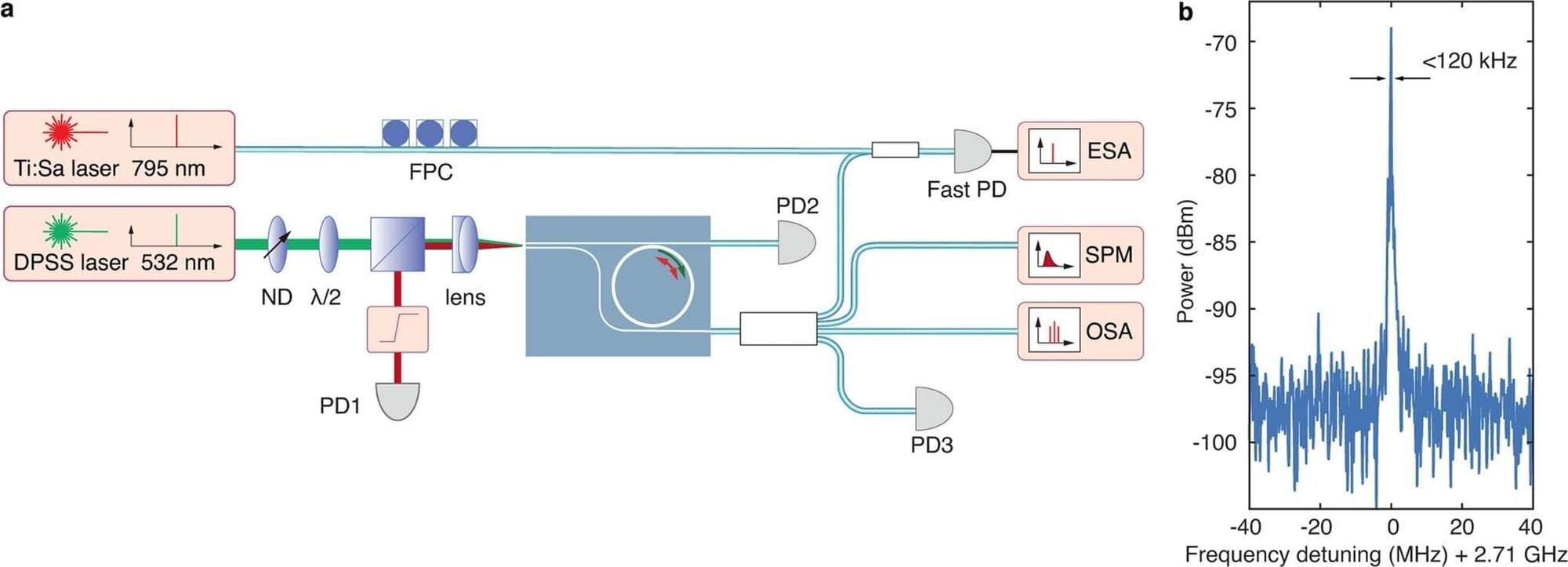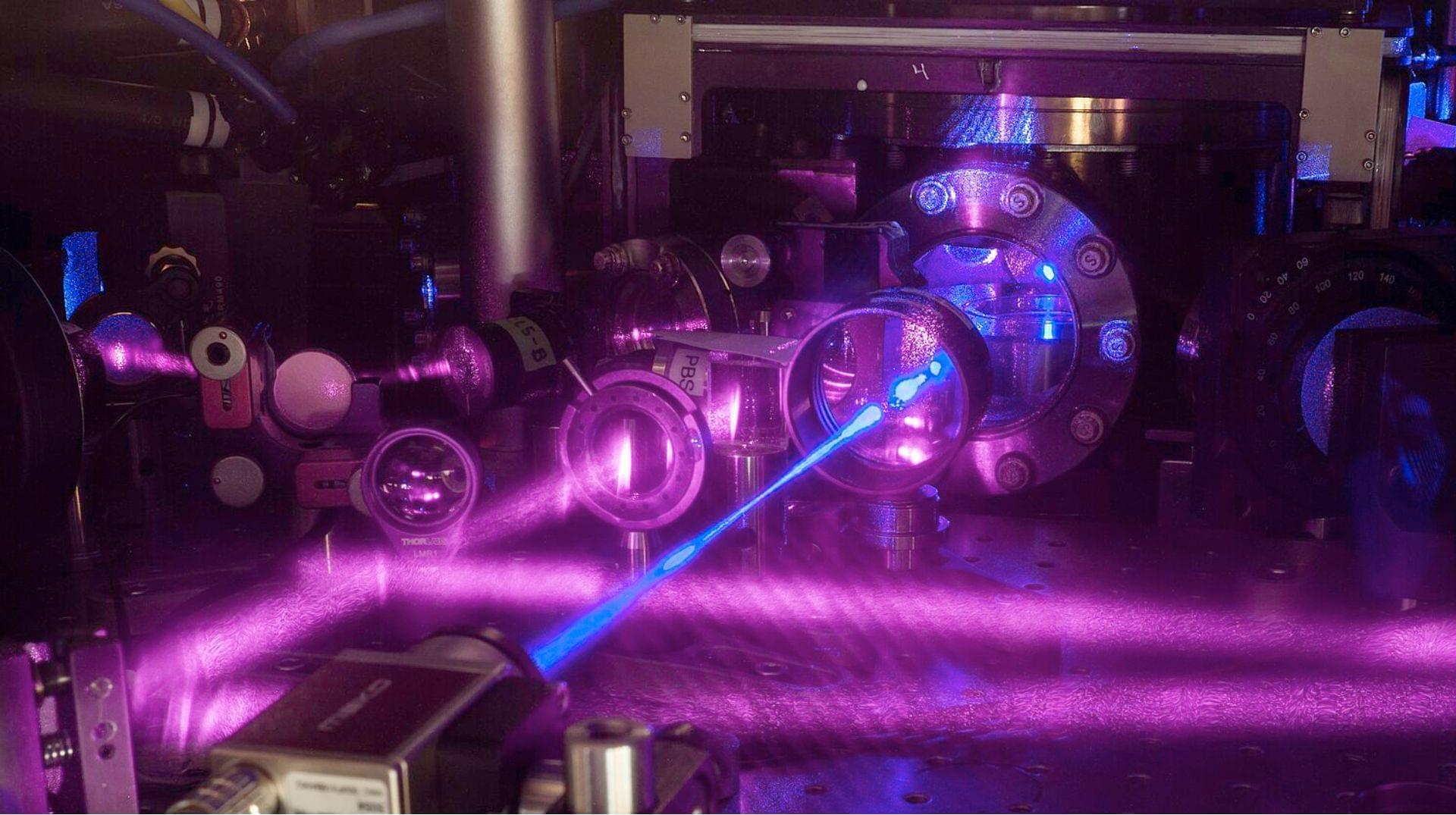In a material made of two thin crystal layers that are slightly twisted with respect to each other, researchers at ETH have studied the behavior of strongly interacting electrons. Doing so, they found a number of surprising properties.
Many modern technologies are based on special materials, such as the semiconductors that are important for computers, inside of which electrons can move more or less freely. Exactly how free those electrons are is determined by their quantum properties and the crystal structure of the material. Most of the time they move independently of each other. Under certain conditions, however, strong interactions between the electrons can give rise to particular phenomena. Superconductors, in which electrons pair up to conduct electrical current without resistance, are a well-known example.
At the Institute for Quantum Electronics in Zurich, ETH-professor Ataç Imamoğlu investigates materials with strongly interacting electrons. He wants to understand the behavior of the electrons in those materials better and looks for unexpected properties that might be interesting for future applications. In a “twisted” material, he and his collaborators have now made some surprising discoveries regarding the behavior of electrons, as they report in the scientific journal Nature.






